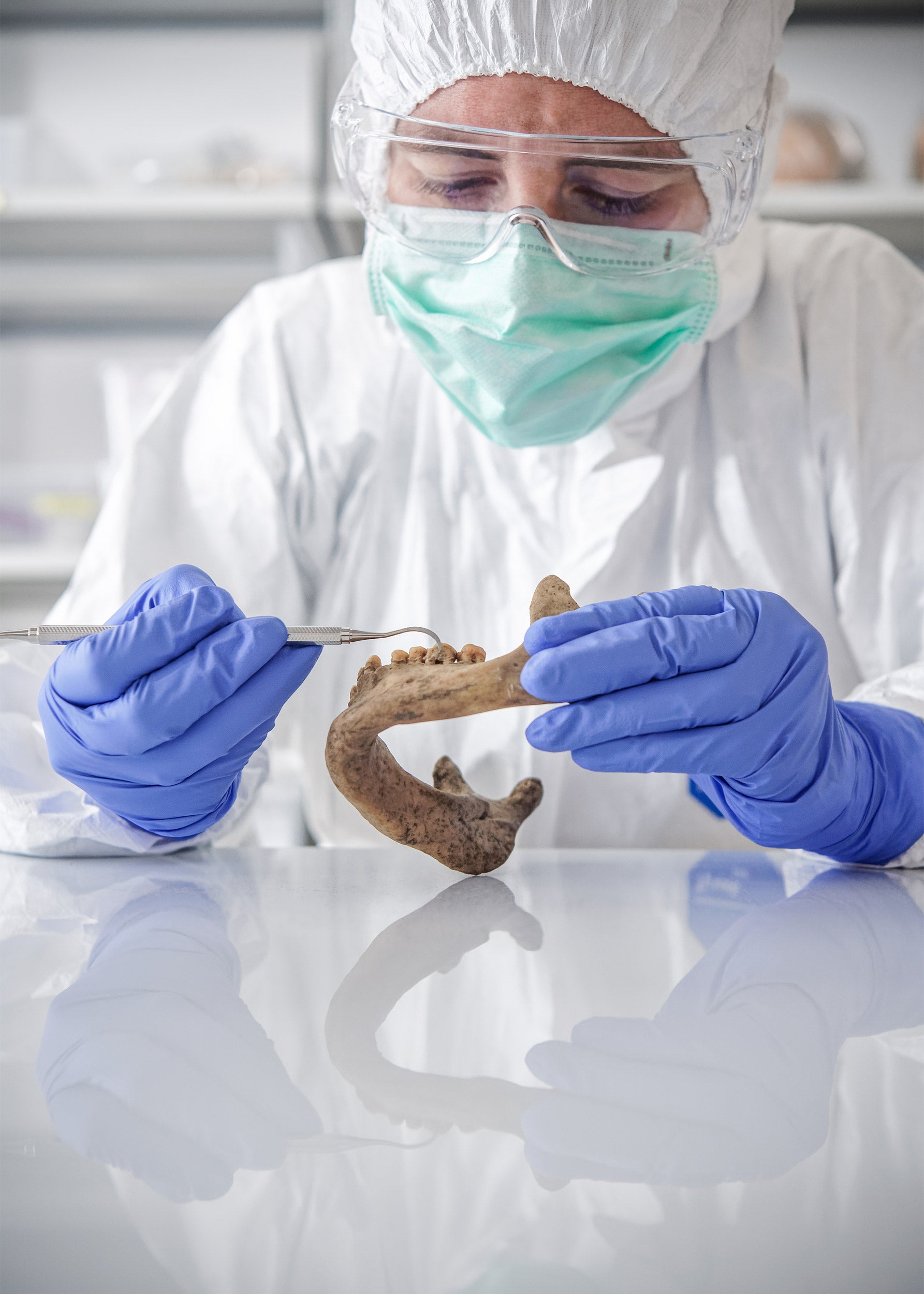Scientists produce a reference map of human protein interactions
Scientists produce a reference map of human protein interactions, releasing data helpful for understanding diseases including cancer and infectious diseases such as COVID-19.
April 8, 2020 • ~7 min
Gene flow between butterfly species offers clue to biodiversity
An analysis of 20 butterfly genomes found evidence that many butterfly species — including distantly related species — show a surprisingly high amount of gene flow between them, Harvard researchers found.
Oct. 31, 2019 • ~6 min
Harvard symposium examines the science of longevity
A two-day symposium organized by Professor of Medicine Steven Grinspoon of Harvard Medical School examined the scientific, nutritional, and health-related aspects of aging.
July 12, 2019 • ~5 min
Harvard study unlocks a key to regeneration
Led by Assistant Professor of Organismic and Evolutionary Biology Mansi Srivastava, a team of researchers is shedding new light on how animals perform whole-body regeneration, and uncovering a number of DNA switches that appear to control genes used in the process.
March 14, 2019 • ~9 min
Study examines how colibactin causes cancer
In an effort to understand how colibactin, a compound produced by certain strains of E. coli, may be connected to the development of colorectal cancer, Harvard researchers are exploring how the compound damages DNA to produce DNA adducts.
Feb. 19, 2019 • ~7 min
/
1


